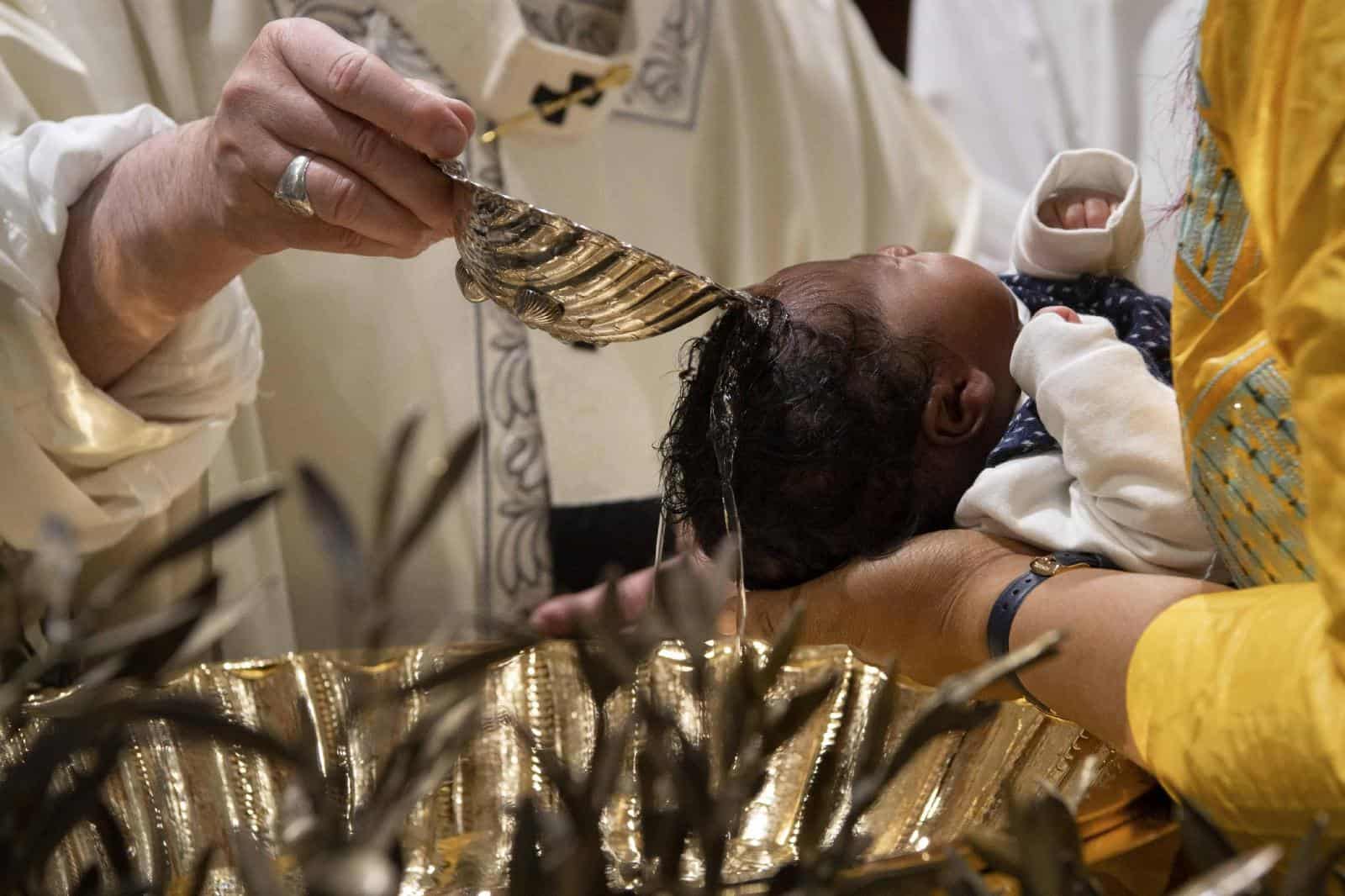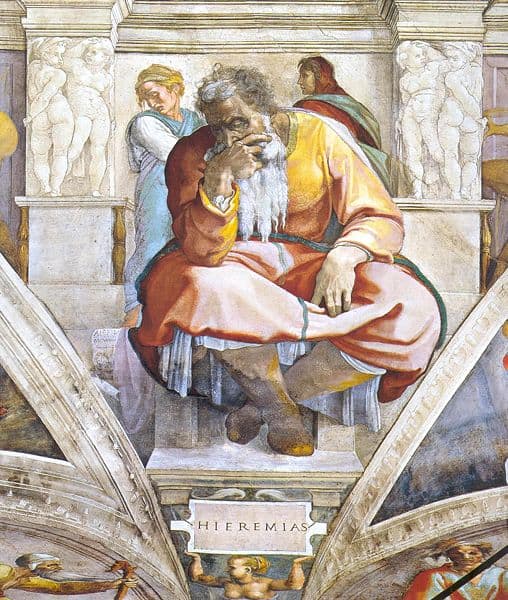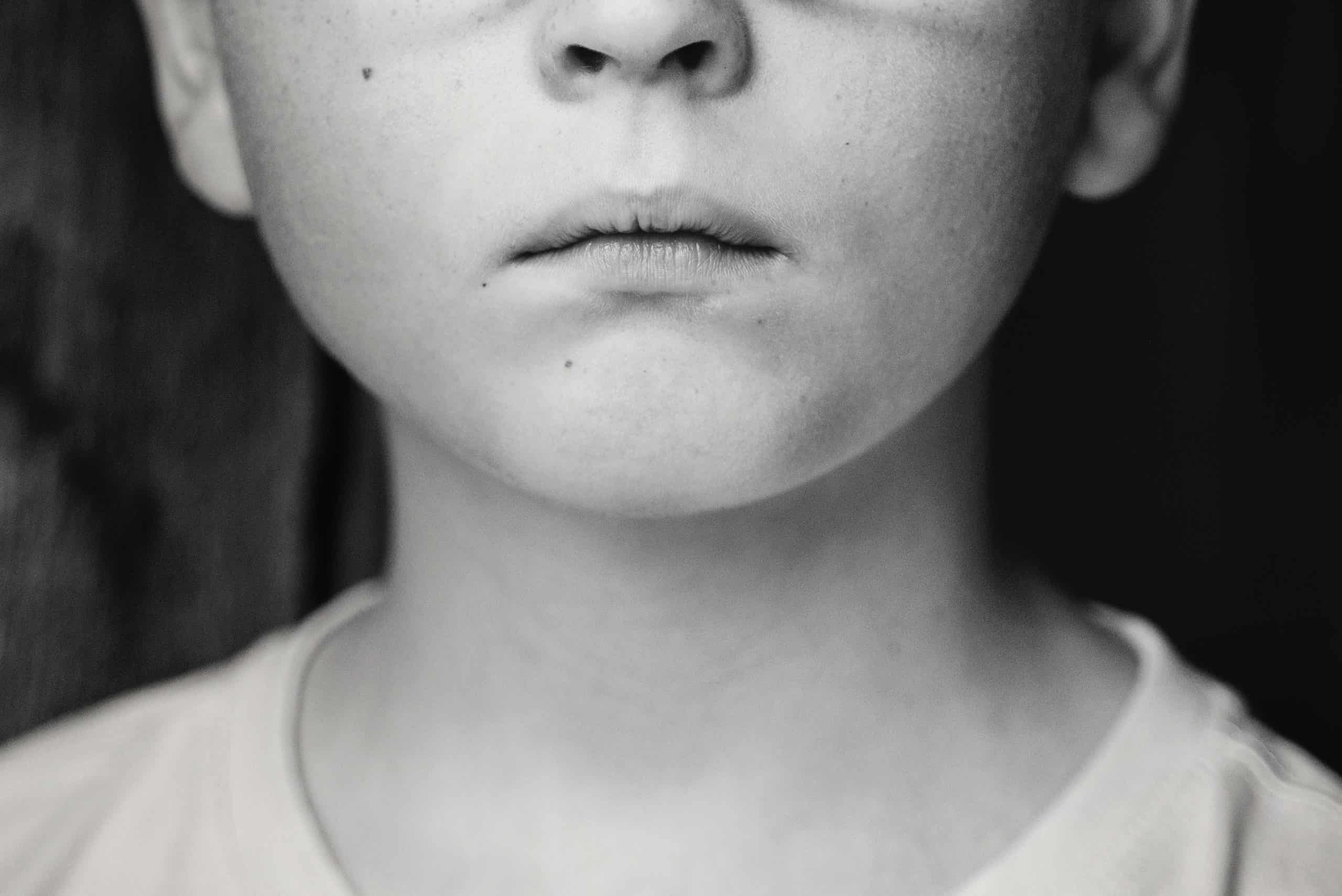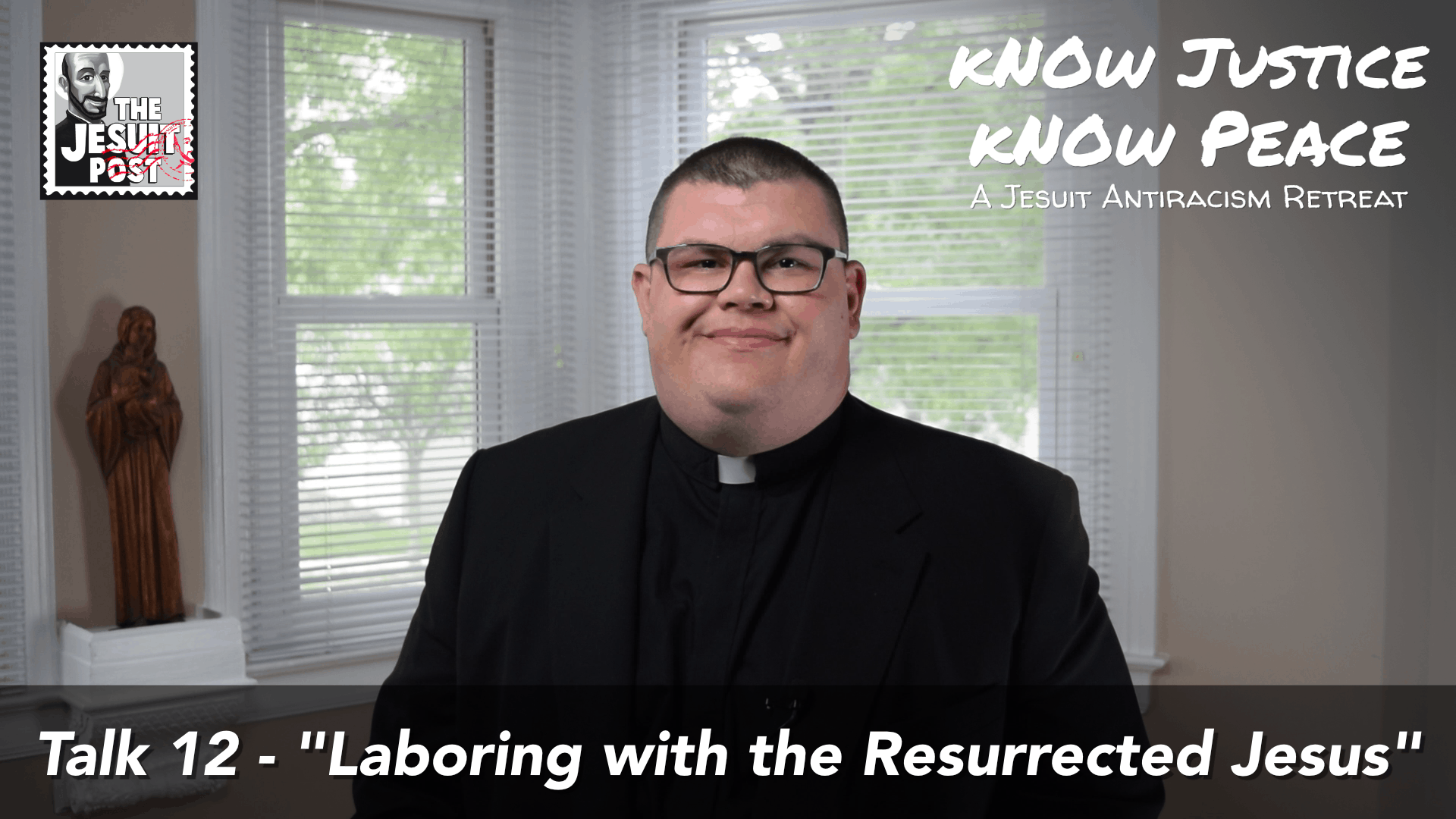Jesus lays down his life for us, and he does it all with love. Rob Lorenz, SJ, reflects on how Jesus and the Father desire the same thing: to be in a relationship with us. Based on the readings for the Fourth Sunday of Easter.
The Right to Life of Animals
Being in the image of God implies that humans have certain capacities for the transcendent, which confers them their rights. Because animals have certain capacities for love and self-mastery, Daniel Mascarenhas, SJ reflects that they too deserve to be treated with dignity.
Millennial Optimism and the Year of Hope
As a new year dawns, Nate Cortas, SJ invites us to reflect on choosing faithful hope over shallow optimism.
“Fantastic Four: First Steps” – Christ Hidden in the Most Unlikely Places
Bored on a Saturday night, Raj Vijayakumar, SJ reluctantly clicked play on a Marvel film—and stumbled into an unexpected theological meditation. Fantastic Four: First Steps, he reflects, raises enduring Christian questions about sacrifice, family, and ethics.
Catholic 101: Planning a Catholic Baptism
You’re having a baby! Congratulations! We’re here to help you answer a few questions about Catholic baptism. How do I plan a baptism? How do I choose godparents? What happens during a baptism?
What the Prophetic Words of Jeremiah Call Us to Today
America first! Black Lives Matter! Law and order. Structures of oppression. Amid the turmoil of our world today, the words of the great Old Testament prophet Jeremiah continue to speak to us. What does he call us to today?
My World May Be Small, but the World Is Still Huge
Eric Immel, SJ, writes: “I spent more time in my room these past nearly six months that I had the previous, say, four years combined. The same is true for the number of times I’ve washed my hands. I’ve high-fived less people in the past nearly six months than was typical for me in a day pre-COVID, and I cannot count the number of times I’ve wanted to yell at people for getting too close to me, which I don’t think I’d ever thought to do before in my life.” Eric takes us on journey of a small world that opens up to something larger than previously thought.
Chadwick Boseman Forever
Black Panther fans around the world were saddened to learn of the death of 43-year-old actor Chadwick Boseman last week. He played in several iconic roles, and in each of these films Boseman portrayed a dignity that he carried with him offscreen.
America, How Are the Children?
With the racism and violence in our country, the kids are not alright.
Laboring with the Resurrected Jesus | Know Justice, Know Peace: A Jesuit Antiracism Retreat
God never stops laboring for us and for our world, laboring for justice, reconciliation, and the end of racism. We clearly see this in the awakening that has spread throughout the world after the “lynching” of George Floyd. At the end of the Fourth Week of the Spiritual Exercises, St. Ignatius invites us to respond in gratitude to God’s unceasing love for us. In the last talk of our Jesuit Antiracism Retreat, Michael Bachmeier explains how this gratitude manifests in our willingness to surrender ourselves and join the labors of God through the marginalized.






